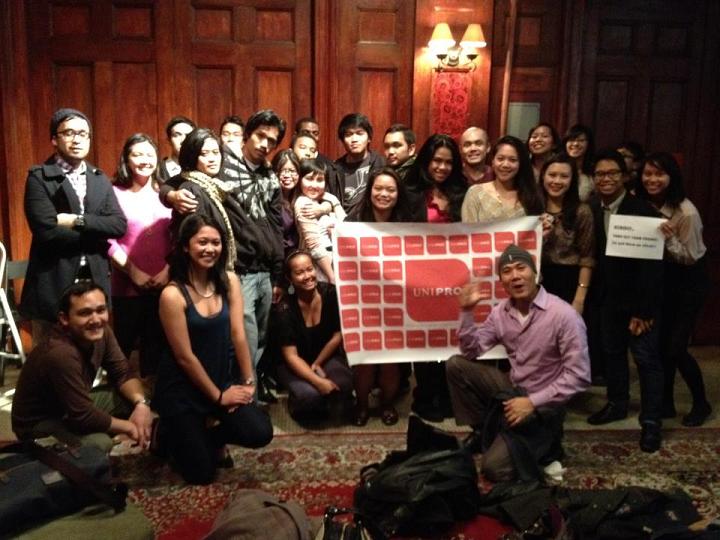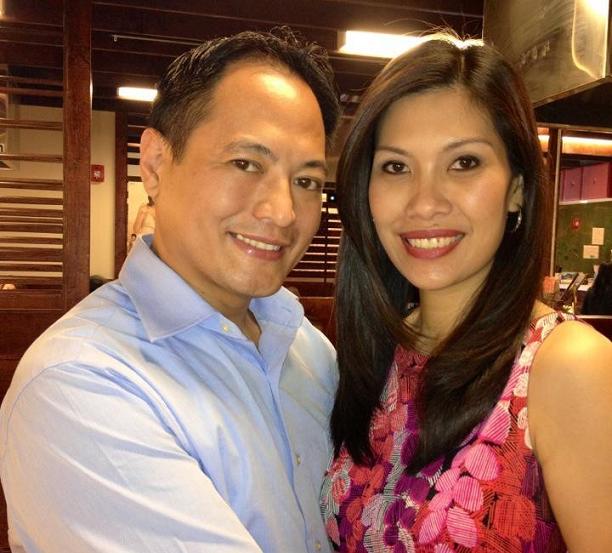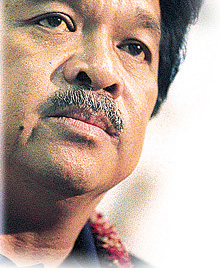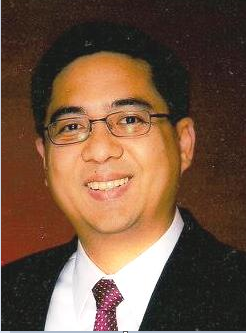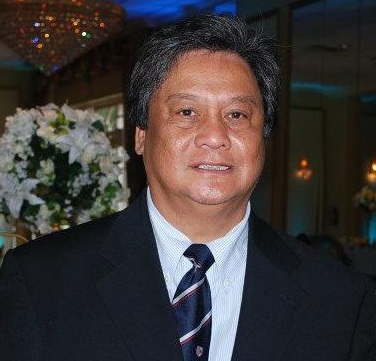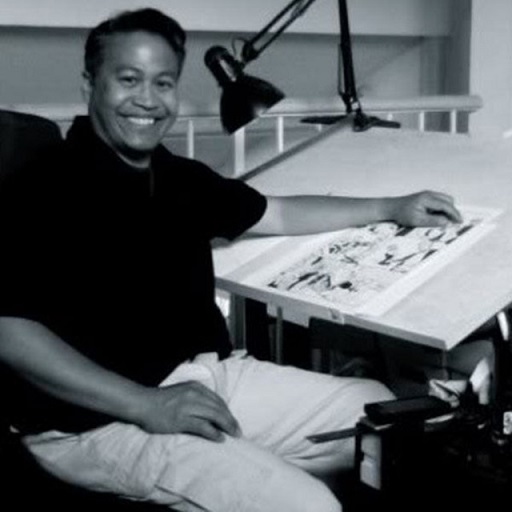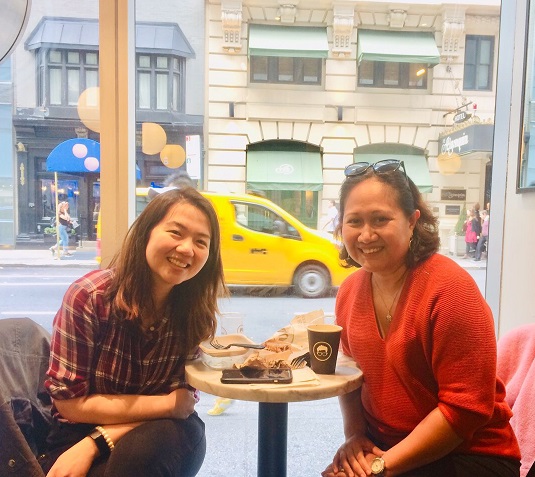The journalist as a conflicted receiver of news
By Cristina DC Pastor
As a reporter, I sometimes hear stories that are too wild I had to take a long, hard look at the storyteller to find out what he or she is actually saying.
I don’t mean gossip – or the ‘chismis’ variety – where a person bad-talks a friend known to both of us. I mean a person who talks about herself and reveals in all nonchalance, “Did you know that community leader raped me.” That left me momentarily speechless.
Wait, what? What are you saying? This person who appears dignified in a ‘barong’ in our community events is a rapist? Did you file charges? Why not? What happens when you run into each other? Do you talk, avoid each other? I stared at her and saw no outrage, just passive detachment.
It’s all in the past now, my friend said brushing the issue aside. She appeared to still carry a wrinkle of bitterness, but it no longer haunts her and she has emerged, she seemed to be saying, a steadfast person from it. The anguish is no longer the focus of her life.
But why would she even tell me? We were just hanging out at this pleasant coffee shop where you can overstay for as long as there’s a pot of coffee or tea on the table.
I have had many moments of shallow, shooting-the-breeze kinds of conversation with my friends, but when someone blurts, “This person raped me,” I need to shift gears quickly. Meaning: stop giggling and take this person seriously. I don’t know how to do that in a split second. I don’t know how to react.
It upsets me when levity is replaced by a kind of conspiratorial intimacy I’m not prepared to engage in. But I have to listen because the accusation of rape is serious, not a matter to be dismissed, and the revelation got me curious. Then, I have to ask lot of questions because I need to verify that the story indeed happened and that my friend was not weaving fiction.
Having lived the nightmare for more than 20 years, why is she now opening up? Is it a story she wanted written about? How do I even fact-check? Do I go to the community leader’s friends and sniff around? Is she hinting there may be other victims who were afraid and ashamed to come out because, at the time, they were undocumented and he knew about their status? That he held that secret, dangled it over their heads, and used it to exploit them?
It’s possible, she found consolation in being able to unburden herself after so many years of silence. I’m glad to be able to lend an ear knowing there is no time frame to the healing process. Her story is a burden we both now share.


